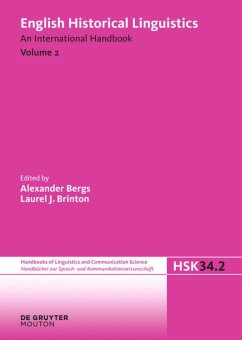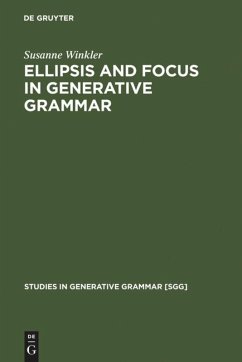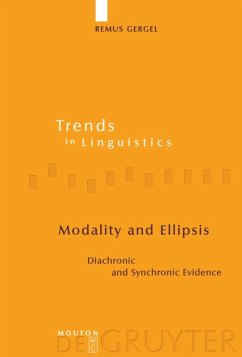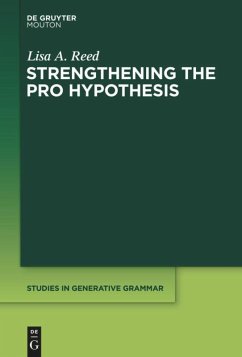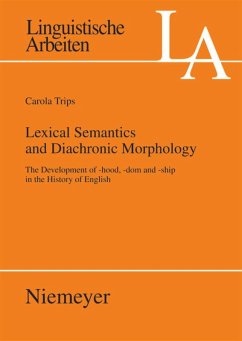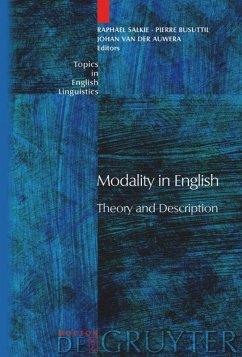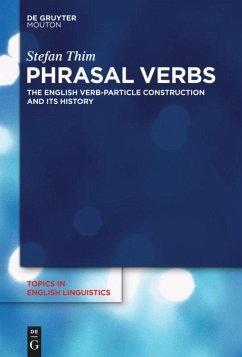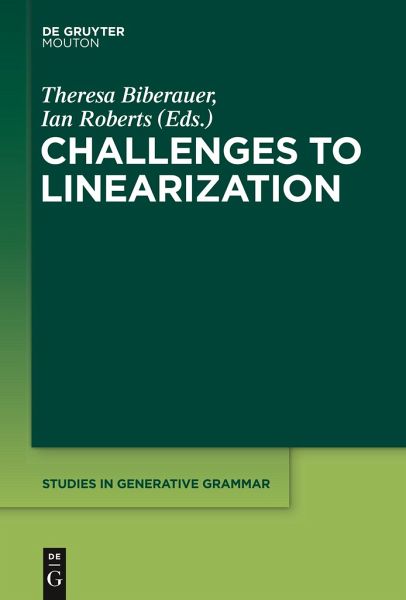
Challenges to Linearization
Versandkostenfrei!
Versandfertig in 6-10 Tagen
139,95 €
inkl. MwSt.

PAYBACK Punkte
0 °P sammeln!
The ten contributions in this volume focus on a range of linearization challenges, all of which aim to shed new light on the central, still largely mysterious question of how the abundant evidence that linguistic structures are hierarchically organised can plausibly be reconciled with the fact that actually realised linguistic strings are typically sequentially ordered. Some of the contributions present particularly challenging data, those on the mixed spoken and signed output of bimodal Italian children, Quechua nominal morphology, Kannada reduplication and Taqbaylit of Chemini "floating prep...
The ten contributions in this volume focus on a range of linearization challenges, all of which aim to shed new light on the central, still largely mysterious question of how the abundant evidence that linguistic structures are hierarchically organised can plausibly be reconciled with the fact that actually realised linguistic strings are typically sequentially ordered. Some of the contributions present particularly challenging data, those on the mixed spoken and signed output of bimodal Italian children, Quechua nominal morphology, Kannada reduplication and Taqbaylit of Chemini "floating prepositions" all being cases in point. Others have a typological focus, highlighting and attempting to explain striking patterns like the Final-over-Final Constraint or considering the predictions of particular theoretical approacesh (the movement theory of Control, multidominance, Distributed Morphology) in relation to structures that we do and don't expect to be "possible linguistic structures". Broader architectural questions also receive attention from various perspectives.
This volume will be of interest to advanced students and researchers with interests in the externalisation of ling
This volume will be of interest to advanced students and researchers with interests in the externalisation of ling





